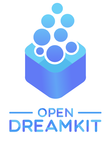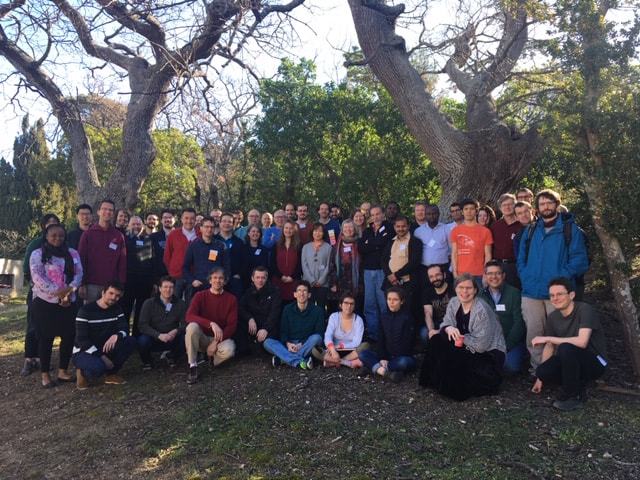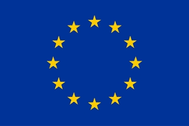|
Scientific Committee
Comité scientifique Karim Belabas (Université Bordeaux 1) |
Organizing Committee
Comité d’organisation Jeroen Demeyer (Ghent University) |
|
The last decades have witnessed the emergence of a full ecosystem of open source software for (pure) mathematics, developed by overlapping international communities of researchers, teachers, engineers and amateurs. This ranges from specialized libraries (e.g. MPIR, LINBOX) to thematic systems (e.g. GAP, PARI, SINGULAR, xcas) to general purpose systems (e.g. Mathemagix, SAGE), via online databases (e.g. the OEIS, MATHHUB, or the LMFDB). This is part of the greater trend for Open and Reproducible Science, and is supported by the advancement of cross-discipline tools like the interactive computing environment JUPYTER. The involved communities are strong in Europe – specially so in France.
The main goal of this conference is community building and training : Following a long trend of highly productive workshops within the various communities (e.g. the SAGE Days series), this conference will consist of : |
Les dernières décennies ont vu émerger un écosystème complet de logiciels libres pour les mathématiques (fondamentales), développé par des communautés internationales de chercheurs, d’enseignants, d’ingénieurs et d’amateurs. Cela va de bibliothèques spécialisées (e.g. MPIR, LINBOX), à des systèmes thématiques (e.g. GAP, PARI, SINGULAR, xcas), jusqu’à des systèmes généralistes (ex : Mathemagix, SAGE), en passant par des bases de données et de connaissances en ligne (ex : OEIS, MATHHUB, ou LMFDB). Cette émergence fait partie d’une tendance large vers une science ouverte et reproductible, et est soutenue par l’avancement d’outils transdisciplinaires tels que l’environnement de calcul interactif JUPYTER. Les communautés impliquées sont dynamiques partout en Europe et particulièrement en France.
Les objectifs principaux de cet évènement sont la formation et le renforcement de la communauté : Dans la lignée d’une série d’ateliers très productifs au sein des diverses communautés (ex : les SAGE Days), cette conférence sera organisée comme suit : |
Marie-Françoise Roy (Université de Rennes 1) – A historical perspective on contributions of researchers and teachers to (open source) mathematical software
Max Horn (Giessen University) – Collaborative software development in a large system (GAP)
Fernando Perez (Berkeley Institute for Data Science) – Scientific computing, user interfaces, and community building
Anne Schilling (UC Davis) – Impact of computer assisted experimentation in combinatorics
Joris Van Der Hoeven (Ecole polytechnique) – General purpose mathematical software design






